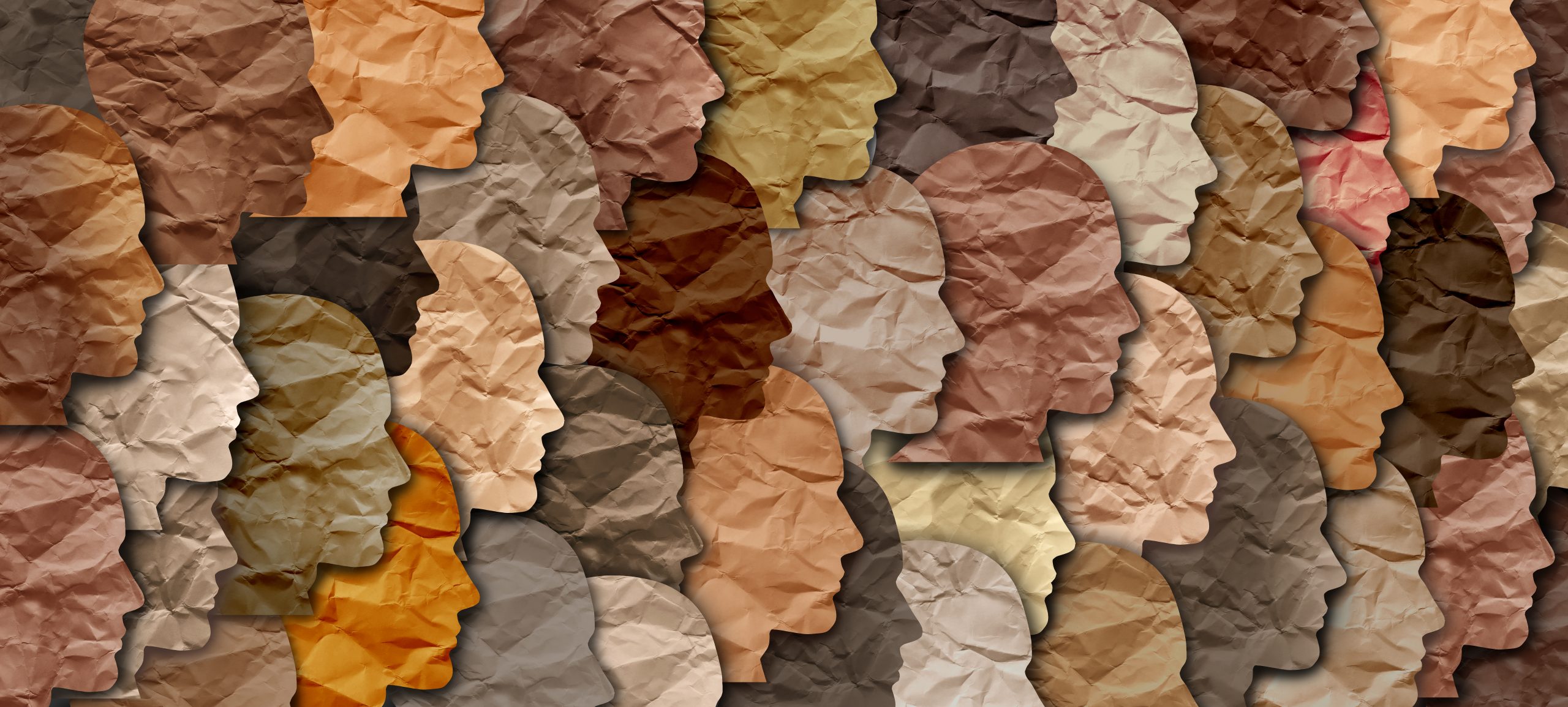
Modern slavery
Modern Slavery is a serious crime that violates human rights. Victims are forced, threatened or deceived into situations of subjugation, degradation and control which undermine their personal identity and sense of self.
Modern slavery refers to where individuals are exploited through various means, including coercion, deception, or abuse of vulnerability, for the purpose of forced labor, sexual exploitation, or domestic servitude. This exploitation deprives individuals of their freedom and rights, often trapping them in situations of exploitation.
Modern Slavery is an umbrella term encompassing:
Human Trafficking
Slavery, servitude, forced or compulsory labour
Individuals who are being subjected to modern slavery are exploited through various means, such as coercion, deception, or abuse of vulnerability, for the purpose of forced labour, sexual or criminal exploitation, domestic servitude or organ removal. This deprives individuals of their freedom and rights, often trapping them in situations of exploitation.
Human trafficking – UN definition
The internationally accepted definition of human trafficking comes from The United Nation’s ‘Protocol to Prevent, Suppress and Punish Trafficking in Persons, Especially Women and Children’ (2000). Commonly referred to as the ‘Palermo Protocol’. It states:
“Trafficking in persons” shall mean the recruitment, transportation, transfer, harbouring or receipt of persons, by means of the threat or use of force or other forms of coercion, of abduction, of fraud, of deception, of the abuse of power or of a position of vulnerability or of the giving or receiving of payments or benefits to achieve the consent of a person having control over another person, for the purpose of exploitation. Exploitation shall include, at a minimum, the exploitation of the prostitution of others or other forms of sexual exploitation, forced labour or services, slavery or practices similar to slavery, servitude or the removal of organs.
Human Trafficking – Key Areas
The ACT (what is being done/what has happened) the recruitment, transportation, transfer, harbouring or receipt of persons
The MEANS (how it’s achieved/how has it happened) threat or use of force, coercion, abduction, fraud, deception, abuse of power or position of vulnerability, giving or receiving of payments or benefits
The PURPOSE (why it is done) to exploit or intended exploitation of others including the prostitution of others or other forms of sexual exploitation, forced labour or services, slavery or practices similar to slavery, servitude or the removal of organs.
Child
The recruitment, transportation, transfer, harbouring or receipt of a child for the purpose of exploitation shall be considered “trafficking in persons” even if this does not involve any of the means.
Consent
Human Trafficking can involve the recruitment and movement to another state or within the same state for the purposes of exploitation. A person may have initially consented to being moved for a job with the information they were presented with, however it can be the case that they do not know the true and full extent of what they are consenting to.
Slavery, servitude, forced or compulsory labour
Slavery, servitude, forced or compulsory labour differs from human trafficking as there is no element of an ACT or any movement, receipt or transfer of an individual.
Below are the elements of slavery, servitude, forced or compulsory labour.
Elements
The MEANS (How has this happened?) threat or use of force or other forms of coercion, of abduction, of fraud, of deception, of the abuse of power or of a position of vulnerability or of the giving or receiving of payments or benefits to achieve the consent of a person having control over another person
The PURPOSE (Why has this happened?) to exploit or intended exploitation of others including the prostitution of others or other forms of sexual exploitation, forced labour or services, slavery or practices similar to slavery, servitude or the removal of organs.
